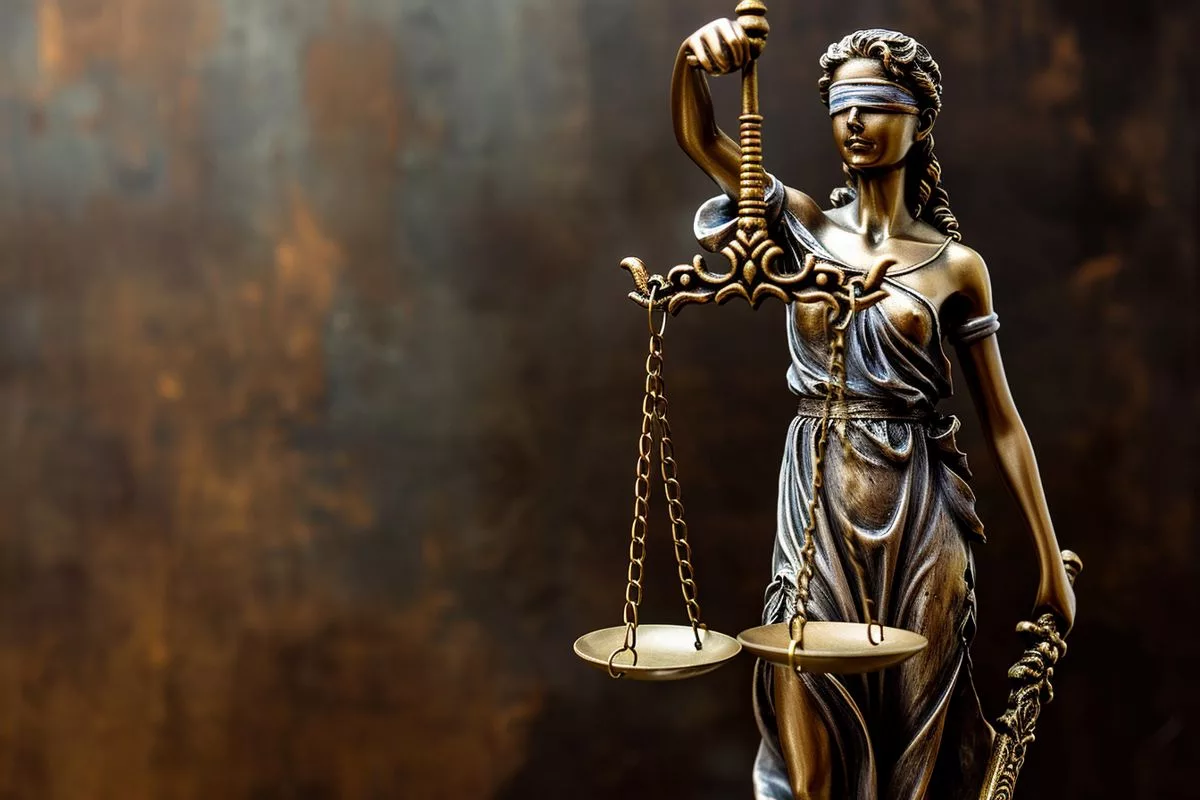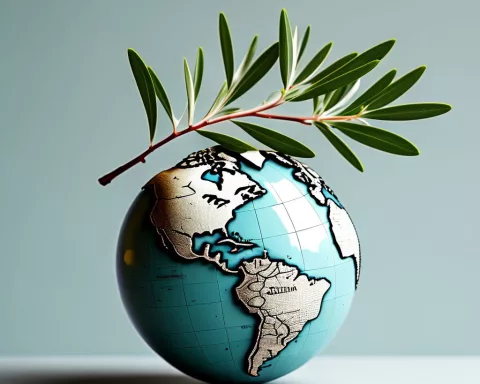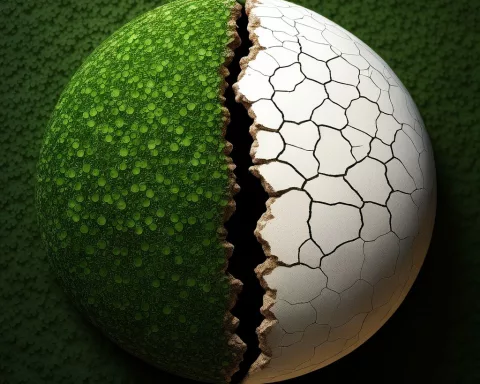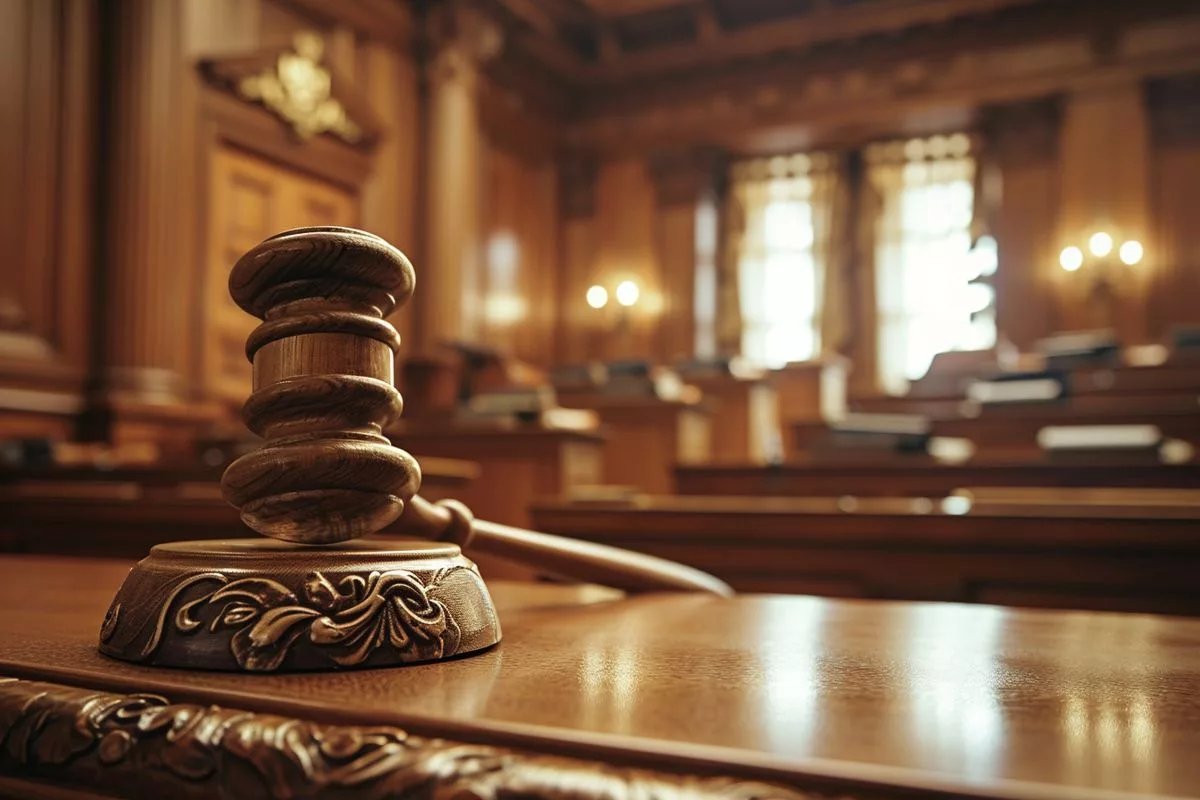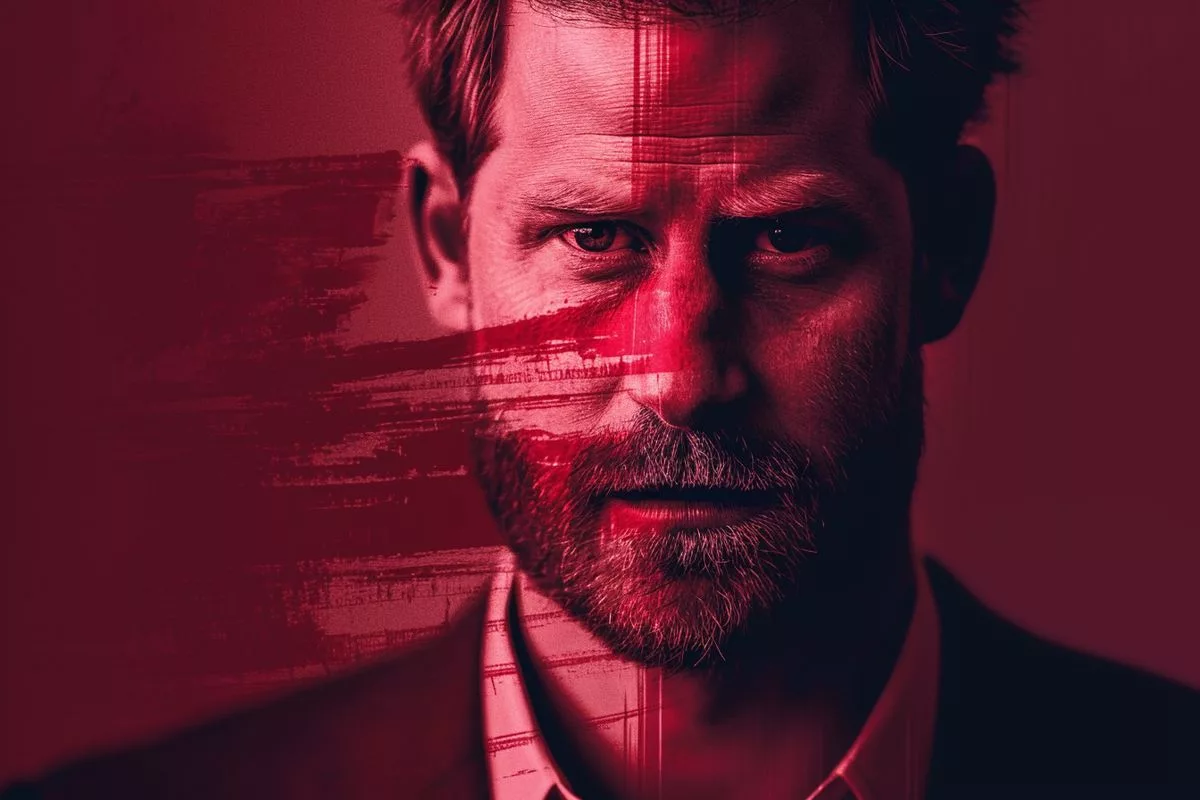South Africa has taken Israel to the International Court of Justice (ICJ) over allegations of genocide in Gaza. A hundred people gathered outside the Western Cape High Court to show their support for South Africa’s legal representatives in The Hague. Attendees included representatives from several civil society organizations, with a history of campaigning for justice, and supporters of different religions, social classes, and races. The case at the ICJ is a landmark one and a collective protest of numerous oppressed communities worldwide.
South Africa takes Israel to Court
On December 29, South Africa approached the ICJ, urging for a ceasefire and enforcement of measures to forestall subsequent acts of genocide. The plea urges the court to recognize the initial evidence of Israel’s engagement in genocide in Gaza.
On a brisk morning, roughly a hundred people assembled outside the Western Cape High Court. Their voices resonated with fervent support for South Africa’s legal representatives embroiled in a critical case being heard at the International Court of Justice (ICJ), in The Hague, Netherlands. This gathering symbolized an enduring alliance and a common historical narrative of opposing oppressive regimes between South Africa and Palestine.
South Africa takes Israel to Court
The government of South Africa, on December 29, approached the ICJ, providing an account of the recent intensification in the Israeli-Palestinian clash, the devastating aftermath of the persistent Gaza war, and various alarming statements from Israeli authorities intimating a potential genocidal intent. The plea urges the court to recognize the initial evidence of Israel’s engagement in genocide in Gaza, and advocates for a ceasefire and the enforcement of measures to forestall subsequent acts of genocide.
The manifestation of unity and resolve was palpable at the assembly, arranged by the Palestine Solidarity Campaign (PSC) in collaboration with several civil society organizations. Attendees included representatives from ANC and Rise Mzansi, political parties with a robust history of campaigning for justice. Their chants, “From the River to the Sea, Palestine will be Free” and “Gaza don’t you cry, Palestine will never die”, each syllable a declaration of their commitment, reverberated through the air. The crowd also proudly recited the South African national anthem, further consolidating their national unity.
The Gaza Crisis
The circumstances in Gaza are distressing, with the health ministry of Gaza reporting upwards of 23,000 fatalities since October 7, nearly half of whom are children. On that same day, a savage Hamas assault on Israel led to approximately 2,300 victims, inclusive of numerous civilians and close to 1,000 Palestinian militants.
Seehaam Samaai, the director of the Women’s Legal Centre, and a member of Lawyers4Palestine, reinforced South Africa’s historical allegiance to Palestine, underlining the profound significance of their presence at The Hague. Meanwhile, activist Zackie Achmat emphasized the necessity to persevere with the solidarity movement, while also questioning the government’s lack of action regarding the implementation of sanctions. He praised South Africa’s stand at the ICJ, which he is vying to be a part of as an independent candidate for Parliament this year.
Solidarity in Diversity
The gathering was a testament to the inclusive nature of the solidarity movement, and highlighted unity amidst different religions, social classes, and races. Caitlin Le Roith, a member of South African Jews for a Free Palestine, expressed her pride in being a part of the South African legal community and the importance of the case at the ICJ. According to Le Roith, the common historical narrative between South Africans and the Jewish community engenders a deeper comprehension and commitment to the cause.
A Landmark Court Case
The case at the ICJ is a pivotal one, drawing attention as one of the most consequential court cases of our era. It serves as the collective protest of numerous oppressed communities worldwide, from Ukrainians braving Russian missiles to Uyghurs in China, and inhabitants of various African nations. The verdict will either affirm the existing international legal institutions or reveal their shortcomings in upholding the checks and balances established post the Holocaust in World War II.
As the South African team awaits Israel’s response, a sense of expectation, hope, and tenacity fills the hearts of the supporters. The story unfolds with several pro-Palestine events slated to take place in Cape Town, climaxing with a Global Day of Solidarity in Sea Point on Saturday. Regardless of the final verdict, the spirit of solidarity that has surfaced is overwhelmingly potent, a testament to human resilience, unity, and the unwavering pursuit of justice.
What is the ICJ case between South Africa and Israel about?
South Africa has taken Israel to the International Court of Justice (ICJ) over allegations of genocide in Gaza. The case urges the court to recognize the initial evidence of Israel’s engagement in genocide in Gaza and advocates for a ceasefire and the enforcement of measures to forestall subsequent acts of genocide.
When did South Africa approach the ICJ regarding the Gaza crisis?
South Africa approached the ICJ on December 29, urging for a ceasefire and enforcement of measures to forestall subsequent acts of genocide.
What was the gathering outside the Western Cape High Court for?
The gathering outside the Western Cape High Court was to show support for South Africa’s legal representatives in The Hague who were involved in the ICJ case against Israel.
What are some of the civil society organizations that attended the gathering outside the Western Cape High Court?
Attendees included representatives from several civil society organizations, including the Palestine Solidarity Campaign (PSC), ANC, and Rise Mzansi.
What is the significance of the ICJ case?
The case at the ICJ is a landmark one and a collective protest of numerous oppressed communities worldwide. The verdict will either affirm the existing international legal institutions or reveal their shortcomings in upholding the checks and balances established post the Holocaust in World War II.
What is the current situation in Gaza?
The circumstances in Gaza are distressing, with the health ministry of Gaza reporting upwards of 23,000 fatalities since October 7, nearly half of whom are children. On that same day, a savage Hamas assault on Israel led to approximately 2,300 victims, inclusive of numerous civilians and close to 1,000 Palestinian militants.

